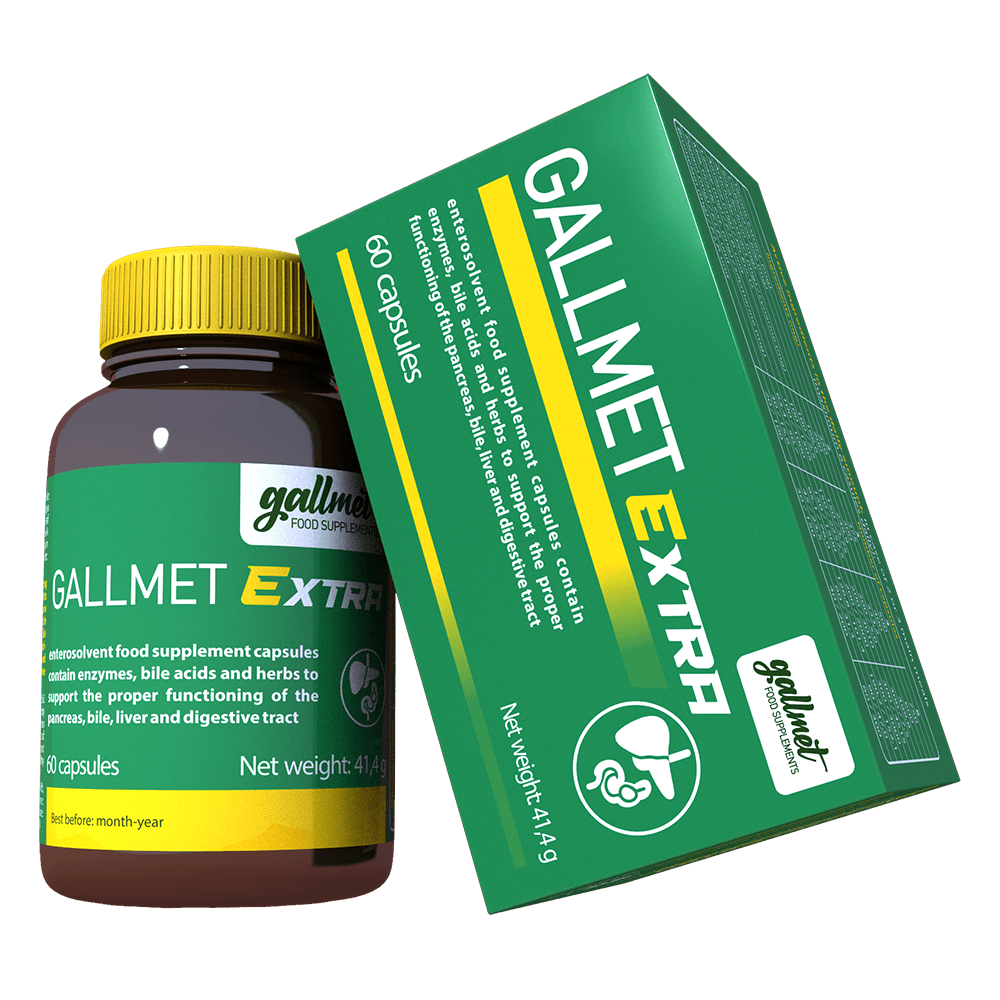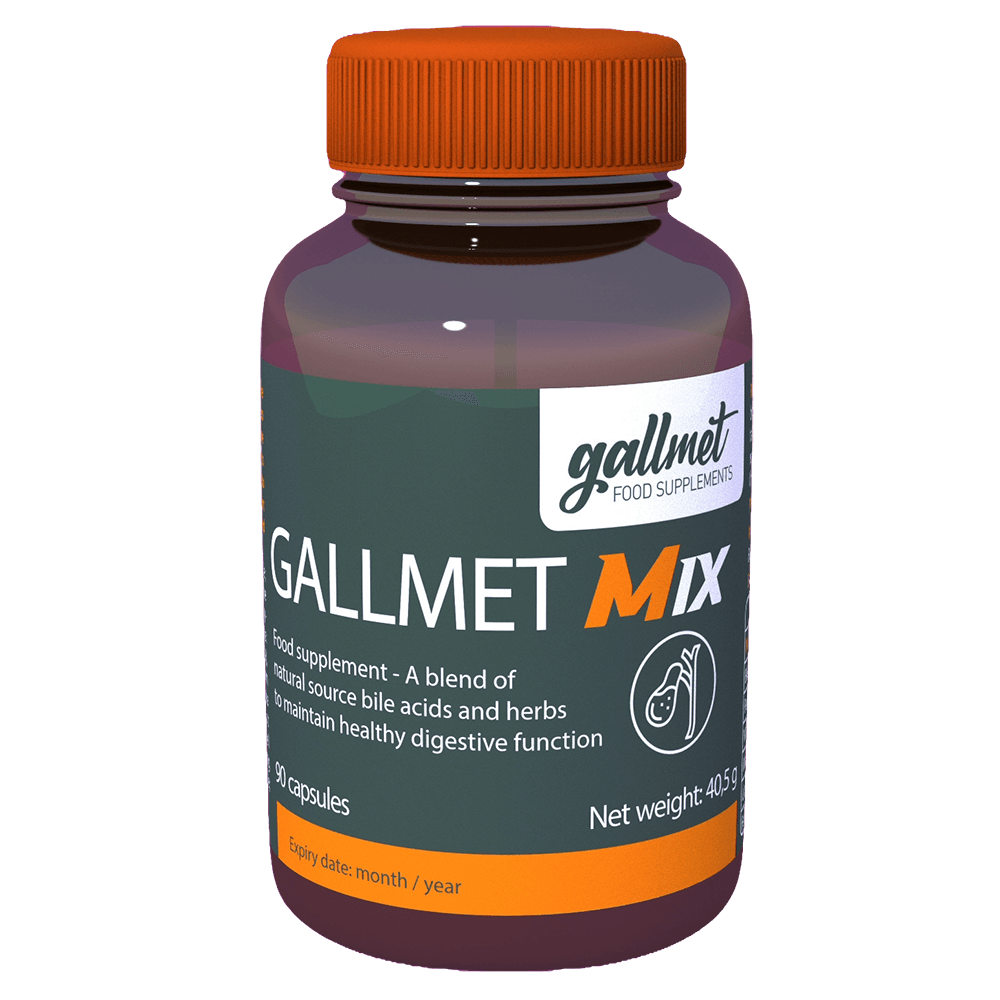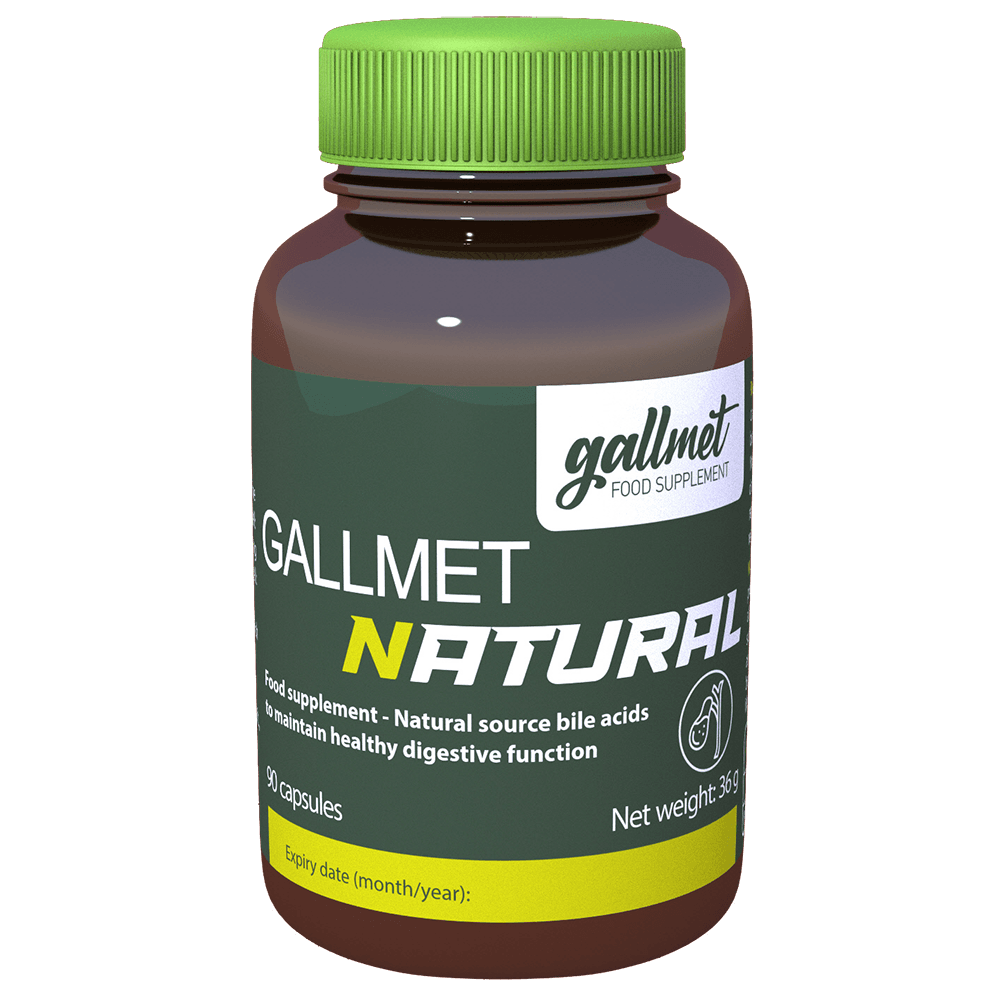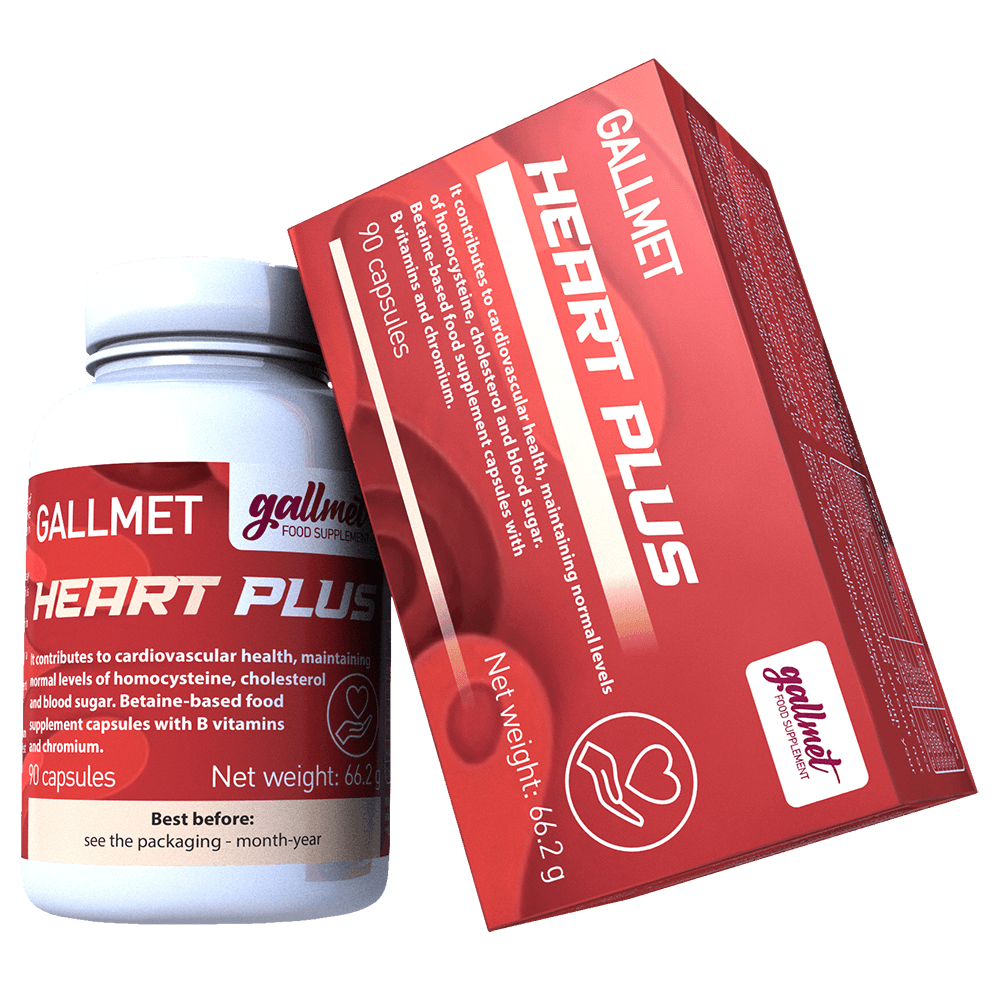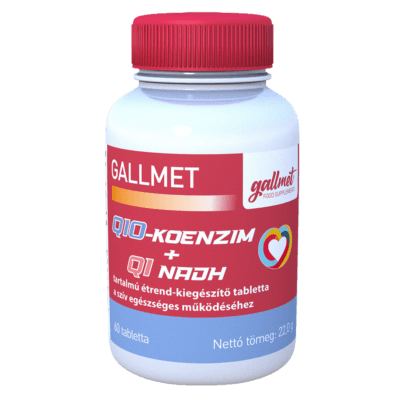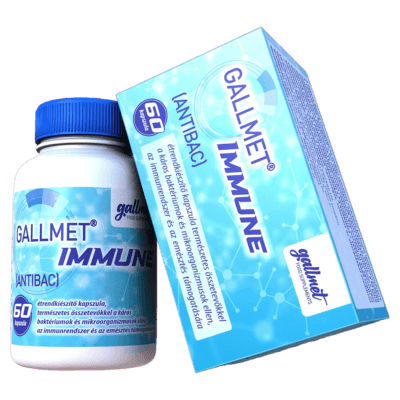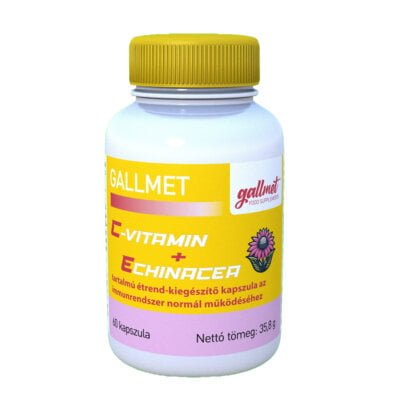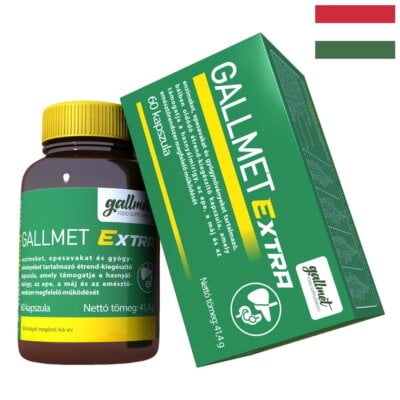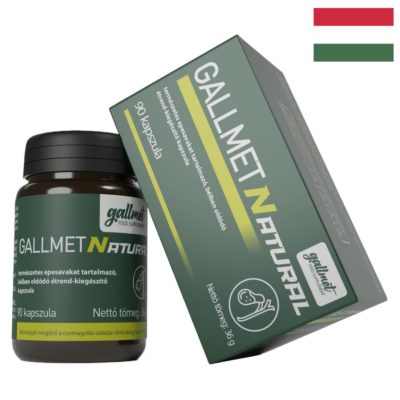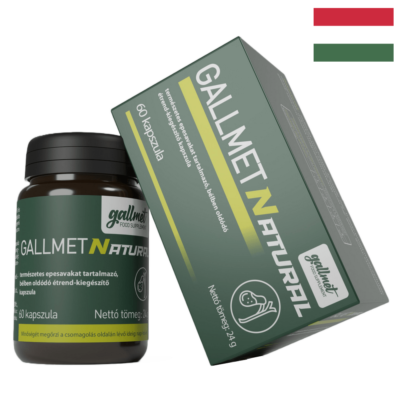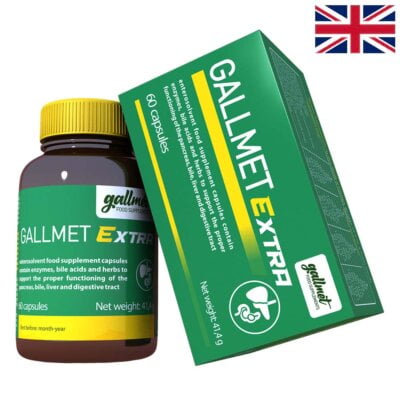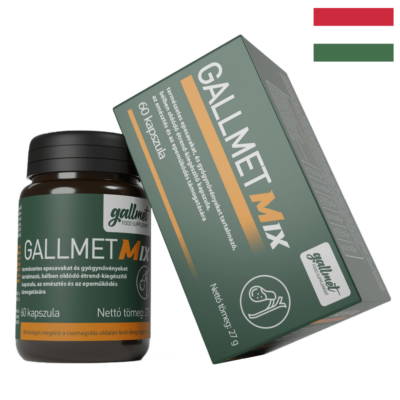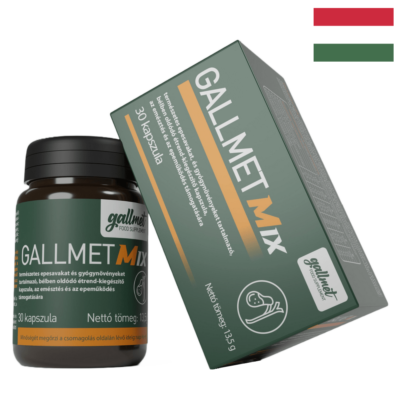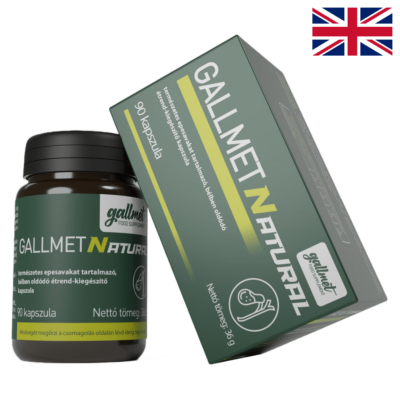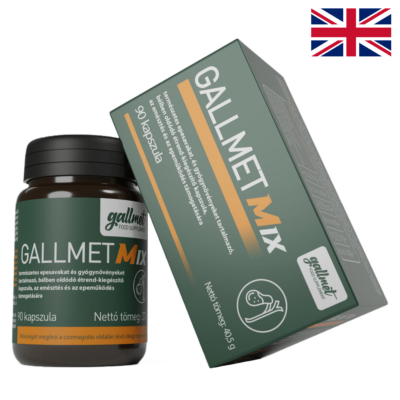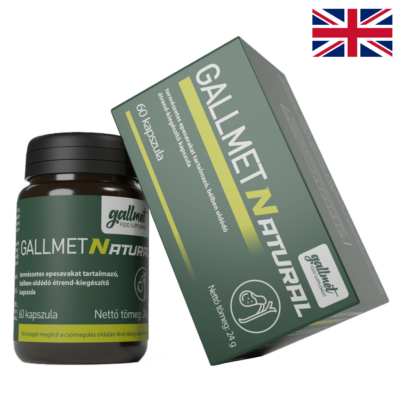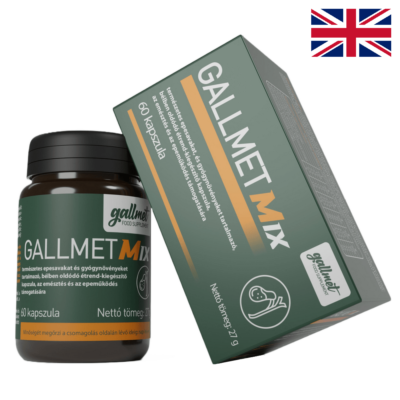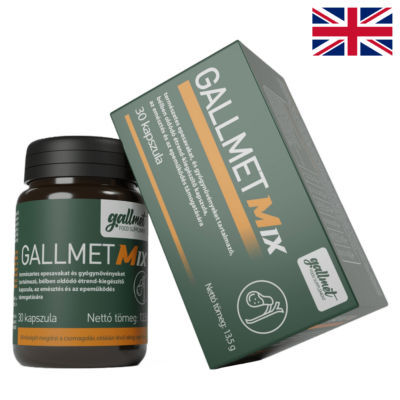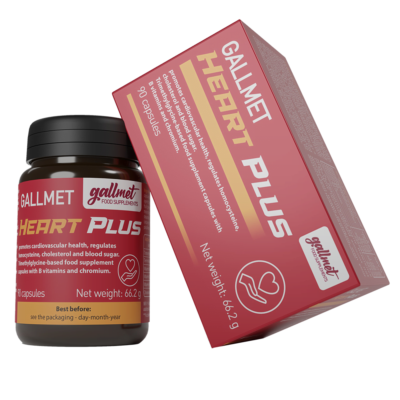Cholesterol question: too much or too little? - Text
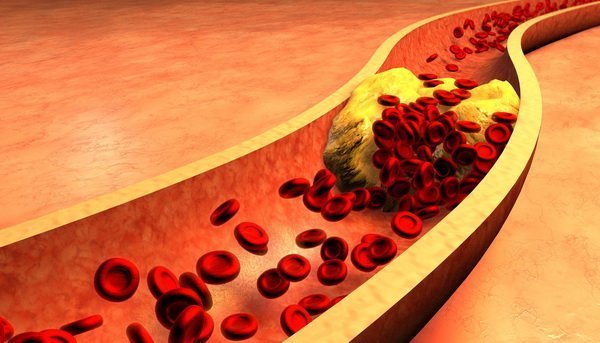
Author: Dr. Tibor Gere
Literature title: Cholesterol question: too much or too little? - Text
Place of appearance: http://tgy-magazin.hu/2007.-december/koleszterinkerdes-sok-vagy-keves-3.html
Date of publication: 2007
Download in PDF
The justification for cholesterol-lowering drugs is disputed by many
Cholesterol is an essential compound for all animal organisms, so its absence is incompatible with life. However, the production of cholesterol is a highly energy-intensive process, which may be one of the reasons why there are so few obese people on a vegetarian diet.
Nowadays, the details of the biochemical process of cholesterol formation are known. This has made it possible to intervene effectively (and controversially) in natural cholesterol formation with drugs. In a complex synthesis process, cholesterol is converted by different organs, sometimes with only slight modification, into compounds with very different effects, collectively known as steroids. These include male and female sex hormones, adrenal hormones that regulate carbohydrate and mineral metabolism, vitamin D3 and bile acids.
The liver produces bile acids, which, in addition to their role in the digestion and absorption of fats, are an important detoxification tool, since they are the only possible physiological pathway for cholesterol excretion. If the liver produces and excretes less bile acid, which is caused by stagnant, poorly and irregularly excreted bile, less bile is produced. More excess cholesterol is then left in the body, digestion of fats becomes imperfect, and the resulting absorbed fats raise blood cholesterol and triglyceride levels, depositing on the walls of blood vessels in the circulatory system, narrowing their internal diameter and thus creating catastrophic circulatory and infarct-causing situations.
Another function of bile acids is that some of them are absorbed back into the intestine, allowing the absorption of fat-soluble vitamins. The bile acids, which also circulate in the blood, then help the vitamins to reach their final destination, the cells. Moreover, they allow the vitamins to pass through the double fat-protein layer of the cell wall to their destination, the cells.
The fats are linked to the trivalent alcohol glycerol by ester linkage, from which the two extreme fatty acids are detached during perfect digestion. If digestion is not perfect, only one is removed. Consequently, if there are not enough bile acid molecules in the intestine, i.e. if we do not consume enough bile-secreting food (fat, oil, muesli), the absorption and utilisation of fat-soluble vitamins (A, D, E, K) is also impaired.
If the gall bladder is not regularly emptied, digestion becomes incomplete, which affects not only fats but also carbohydrates and proteins, because less secretion of digestive enzymes from the pancreas is also excreted and passes irregularly into the duodenum. Stagnant bile can cause stone formation and bile spillage into the pancreas can cause gland inflammation, with all the unforeseen unpleasant consequences.
Irregular bile excretion has many other harmful consequences:
- Bile salts normally destroy harmful bacteria from the pharyngeal microflora that enter the small intestine during reduced gastric acid production, which can cause bloating, wind cramps and possibly diarrhoea through their putrefactive, gas-forming action. The small intestine is normally sterile and bacteria have no place there!
- Bile acids that pass down into the last part of the small intestine are the main factor in triggering the normal defecation stimulus. Consequently, if little bile acid enters the small intestine, i.e. if concentrated bile is not regularly emptied from the bladder on a daily basis, constipation may occur. At first, the daily bowel movements are missed, more water and toxic substances are absorbed from the stagnant faeces, which poison the body (autointoxication), and the normally formed faeces become hard, berry-like.
- Bile acids can also kill viruses with an outer protein coat (peplone) present in the large intestine. They destroy, deactivate and disperse endotoxins of the bacterial flora living there. Endotoxins (endogenous toxins) are allergenic because of their large molecules, can cause cardiac arrhythmias, fever, general intoxication (sepsis) after surgery, and can contribute to male infertility. Bile acids therefore play an important role in preventing adverse effects on the body's physical and physiological condition.
Dr. Tibor Gere
GALLMET products are available in ALL Hungarian pharmacies and herbal shops or can be ordered!
Click on the [print-me] icon to print the page

